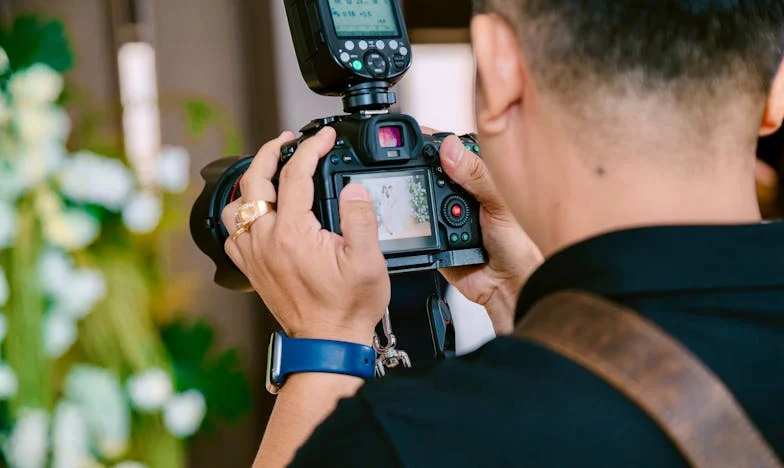The Hidden Weight: Discovering the Truth Behind My Son’s Secret
“Alex, can you come here for a minute?” My voice echoed down the hallway, trembling, barely masking my anxiety. I gripped the backpack in my hands—his backpack, the one I’d just searched through after finding it oddly heavy by the door. The zipper had caught on something, and when I finally managed to open it, my heart stopped. Diapers. Adult-sized, still in their packaging. My fifteen-year-old son, Alex, had diapers in his backpack.
He appeared at his bedroom door, hoodie pulled up over his dark hair, eyes avoiding mine. “What’s up, Mom?”
I hesitated. I wanted to ask him outright, but fear—of what it meant, of breaking his trust, of confronting a secret too heavy for both of us—stilled my tongue. “Nothing,” I lied, forcing a smile. “Just… wanted to check if you’re hungry.”
He shook his head, already withdrawing. “I’m fine, thanks.”
He was not fine. Not for weeks. He used to be the first to burst through the door after school, sneakers squeaking on the wood, yelling about Mr. Harris’s pop quizzes or the latest prank in gym class. But lately, he slipped in quietly, barely touching his dinner, disappearing into his room for hours. The only sign of life was the glow of his computer monitor under the door.
I confided in my husband, Mark, but he just shrugged. “It’s teenage stuff, Lisa. He probably has a crush or something.”
But crushes don’t make you hide diapers in your backpack. That night, I barely slept. Every parent imagines the worst—a hidden addiction, bullying, something sinister. I resolved to find out, even if it meant betraying his trust. So the next day, I followed him after school, heart pounding like I was the teenager sneaking around for the first time.
Alex didn’t go to the skate park, or the library, or his friend Ethan’s house. He walked several blocks, cutting through the back of the strip mall, and ducked into a small community center I’d never noticed before. I parked and slipped inside a few minutes after him, trying to be invisible.
Voices echoed from one of the back rooms. I peeked through the doorway and saw a circle of teenagers, some in wheelchairs, others with visible medical equipment or walking aids. Alex sat among them, his posture tense but attentive. A woman in her forties, cheerful and confident, was leading a discussion. “Remember, this group is about supporting each other—no judgment.”
They were talking about incontinence, about medical diagnoses, about the shame and fear of being found out at school. My stomach twisted with guilt as I realized the truth. Alex wasn’t hiding something dangerous: he was hiding something painful, something that made him different.
I spotted him talking quietly with a girl named Emily, laughing for the first time in weeks. I slipped out before he could see me, heart aching and relieved all at once.
That evening, I waited until he’d finished his homework. I knocked on his door. “Alex, can we talk?”
He looked up, wary. “About what?”
“Can you tell me what’s been going on?” I tried to keep my voice gentle, not wanting to scare him off.
He stared at the wall. “It’s nothing. Just… stuff.”
“I know about the diapers,” I blurted, instantly regretting my bluntness. “I’m sorry, I shouldn’t have looked through your things, but I was worried.”
His shoulders sagged. For a moment, I thought he’d scream at me, slam the door. But instead, he just whispered, “I have a medical condition. It started a few months ago. The doctor thinks it’s some kind of nerve damage. I… I didn’t want anyone to know. Especially not at school.”
My heart broke for him. “You don’t have to go through this alone, Alex.”
He shook his head, tears in his eyes. “You don’t get it, Mom. Kids at school—if they find out, I’m done. I already lost my spot on the soccer team. It’s like I’m not even me anymore.”
I reached out, but he recoiled, pulling his knees to his chest.
“I just want to be normal,” he said, voice cracking. “I just want this to go away.”
I sat beside him, not touching, just being there. “You’re still you. Nothing changes that. But I’m sorry you felt like you had to hide this from us. From me.”
He wiped his eyes and looked at me, searching for judgment, maybe even disgust. All I felt was love—and shame for not noticing sooner.
Over the next few weeks, I tried to be the mom he needed, not the mom I thought I had to be. I researched his condition, met with his doctors, advocated for him at school to get the support he deserved. I watched him slowly come back into himself, making friends at the support group, finding new interests, even laughing again at the dinner table. But the pain didn’t disappear overnight.
Mark struggled more than I did. “He’s a tough kid,” he’d say. “He’ll figure it out.”
But I knew it wasn’t about being tough. It was about being vulnerable, about letting your guard down enough to accept help—and letting the people who love you in.
One night, Alex and I sat on the porch, watching the sun set over our quiet Ohio neighborhood. He was quiet, but there was a calmness about him I hadn’t seen in months.
“Do you ever wish things were different?” he asked.
“Every day,” I answered honestly. “But I wouldn’t trade you for the world.”
He smiled, a real, open smile. “Thanks, Mom.”
So here I am, asking myself—and anyone who’s been through something like this—how can we really know what our kids are carrying until we ask, until we listen? How many secrets are our children hiding, simply because they don’t think we’ll understand?
